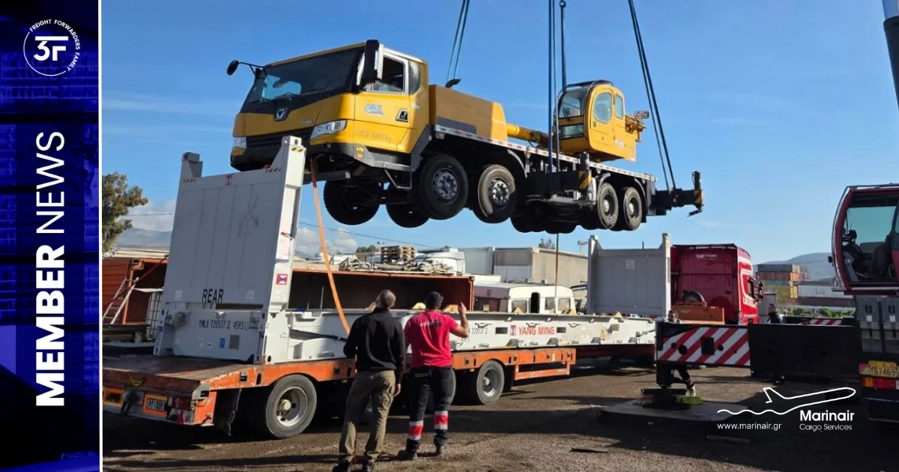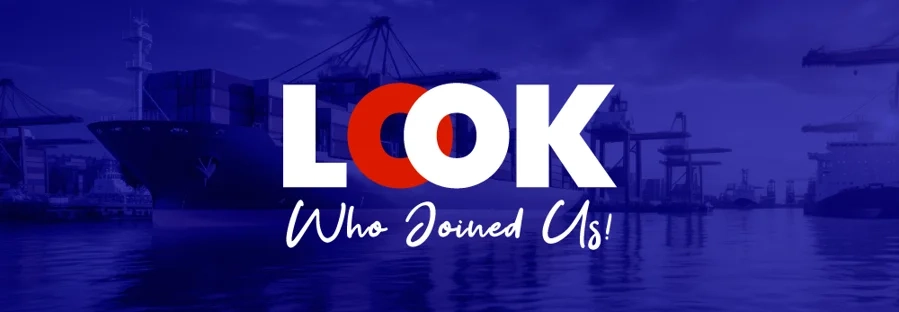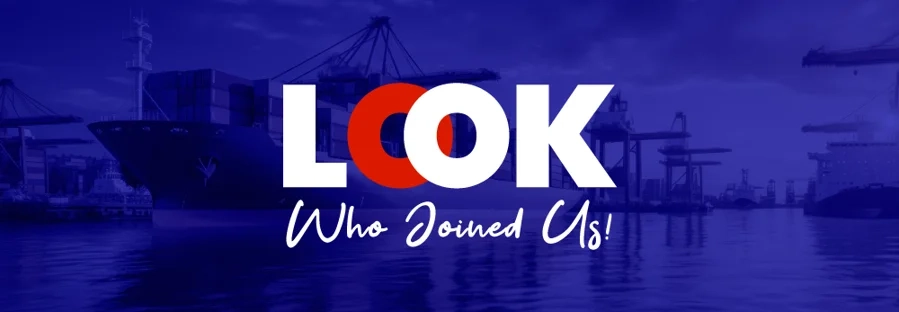Beyond Trade: Diversity, Inclusion, and Sustainability
When the majority of individuals envision shipping, they imagine cargo ships on the sea or limitless lines of containers at a dock. That image is accurate, but there’s another perspective to consider. Each shipment relies on real individuals; forwarders, operators, and experts who ensure products arrive at their destination. International Maritime Day serves as a reminder that the sector is established not only on vessels and harbors, but also on the principles and choices that steer those individuals each day.
Lately, discussions in maritime shipping have expanded. It is now more than simply efficiency or capacity. Values such as diversity, equality, and sustainability are influencing how logistics operate. This is not merely a social plan. It illustrates the truth that supply chains grow stronger, more flexible, and more reliable when managed with these principles in focus. This is a turn that goes beyond the metrics and yields benefits such as new perspectives, greater resilience, and the building of stronger networks within the industry.
Beyond Ships: People Powering Sea Freight
The shipping industry carries a greater portion of world trade, and a rising consciousness is taking form that diverse teams are more successful. Sea cargo shipping unites humans on several continents and in diverse languages and cultures. With so much interrelatedness in the world environment today, diversity is no longer an option — it is a fact. The question is how it is received. Teams of professionals of differing experiences, backgrounds, and worldviews are likely to come up with more creative solutions to complex problems.
With diversity in sea freight forwarding services where accuracy and clarity are always paramount, having people with differing backgrounds means differing ideas, wider views, and strong outcomes. For an ocean freight forwarder whose services are global supply chains, technical competency is of similar significance to cultural competency. This diversity in itself is neither a replacement for competency — it is a complement to it. For diversity here is neither so much a social imperative, — it is a commercial imperative.
Inclusion goes a step further by ensuring every professional has a seat at the table. It is about creating forums where information is exchanged freely and decisions taken together. Inclusive practices for sea freight logistics reduce silos, support teamwork, and make the whole chain robust.
Equality as a Driver of Innovation
Maritime industry equality is sometimes framed as a question of social responsibility or fairness, but it is equally a performance driver with tangible business value. Most effective groups function best where people are equally treated—without preference or bias according to race, ethnicity or social origin, color, gender, age, disability, beliefs, sexual orientation or gender identity. When such barriers disappear, a more positive and productive teamwork results, where knowledge is freely exchanged and ideas flow.
Freight forwarders operate in a world where quick continuous adaptation is a requirement: responding to changing routes, to a new set of regulatory parameters or to some unexpected disruption. Equal-based groups will solve these issues at a quicker pace because they are in a position to draw on open communication and mutual respect in place of hierarchy or bias.
For example, combined freight services by sea and by air become routine in meeting narrow time slots. These multimodal strategies necessitate specialists of diverse fields and backgrounds to coexist on equal grounds and intertwine their information into a combined answer. Practiced equality is in no way mere recognition of technical proficiency — it is likewise valuing the unique contribution each individual has to bring however and whosoever.
Sustainability: A Shared Responsibility
In addition to diversity and equality, sustainability is becoming a defining dimension in sea freight. Shipping lines and harbors are in greater demand to reduce their emissions, exercise greater responsible usage of resources, and minimize their environmental impact. Nowadays, sustainability is no longer a choice — it has become integral to how the industry must conduct itself.
These programs come in a variety of forms: re-routing to reduce fuel usage, purchasing cleaner sources of energy, or renewing equipment to be less energy intensive. For freight forwarders, sustainability is never merely about what happens at sea — it’s equally about guiding customers towards logistics alternatives to offset cost and environmental acumen.
Long-term sustainable strategies pay off for supply chains. Cleaner production results in reduced waste, reduced downtime, and reduced costs. Environmentally friendly is good for businesses that rely on international trade as well.
3F: A Community Built on Collaboration
Maritime Day is more than a date on the calendar. It is a moment to grasp how an industry is shaped by people's values to a comparable degree to ships and piers. Focusing on diversity, inclusivity, and sustainability throughout supply chains everywhere, we have supply chains that endure longer, that are more equitable, and better future proofed.
Global networks are where these values — diversity, equality, and sustainability — become practical. Within the Freight Forwarders Family (3F), members don’t just exchange shipments; they exchange ideas, best practices, and opportunities to collaborate in ways that make the entire community stronger.
Networking events, shared platforms, and collective initiatives give members the chance to build trust across borders. For shippers, this translates into more reliable sea freight forwarding companies and ocean freight agencies that combine expertise with fairness and responsibility.
At 3F, we believe collaboration grounded in these values is the key to progress. Our members — from sea freight forwarders to international ocean freight companies — are committed to working together as equals, sharing knowledge, and building sustainable practices that serve both trade and the planet.
These values are not only statements on paper — they are lived out whenever our members meet, share experiences, and strengthen partnerships in person. To see how collaboration and inclusivity truly shape our community, explore the 3F Events where connections become collaborations and shared values become real opportunities.
_logo.webp)



